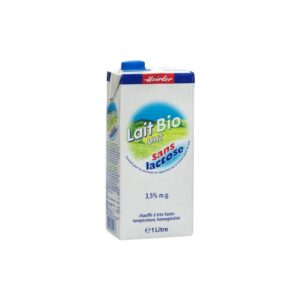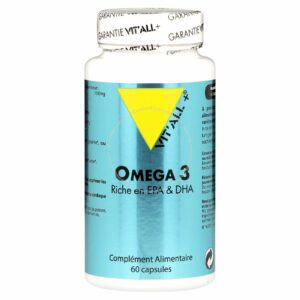Heavy drinking can eliminate vitamins and minerals from the body, which can lead to a hangover. Hangovers make you feel fatigued or sick because of the reduction in vitamin B. That’s why people who attend alcohol rehab often receive nutritional support during recovery. Saliva tests can detect alcohol two hours after consumption, and hair tests can detect Sober House alcohol for up to 90 days. Factors that determine how long alcohol stays in your body include liver size, body mass and the amount of alcohol consumed. A small amount of alcohol is removed from the body through sweat, urine and respiration. Alcohol can be detected in sweat, urine and the breath for at least as long as the liver is breaking down alcohol.
However, anything that puts your body at risk or strains your kidneys or liver can increase the length of time it takes. Your body has to take the alcohol into your liver and metabolize it to no longer affect you. Unfortunately, alcohol hits your bloodstream before it hits your liver. This means you can feel the effects of the alcohol long before it begins to wear off. If you’ve been drinking heavily and/or regularly, suddenly stopping or cutting back on alcohol can cause physical and psychological symptoms of withdrawal. The severity will depend on how long you’ve been using alcohol and how much you normally drink.
Food
Fluid intake is crucial for flushing out alcohol and other drug metabolites. You can consume an average of 7 to 8 pints of water per day to keep you hydrated and deduce the drug metabolites. However, an average human will struggle to drink that amount of water per day. Food – Consuming food before or after drinking might lead to slow absorption of alcohol. A person who has not consumed alcohol might hit the peak alcohol level within 30 minutes to 2 hours of consumption. Drinking water cannot sober you up, but it can prevent you from drinking too much too fast. Since you metabolize alcohol over a set amount of time, drinking water between drinks allows your liver time to process the alcohol. Let’s look at the short-term and long-term effects of alcohol. There’s nothing wrong with celebrating with an alcoholic drink here and there. Your body naturally metabolizes alcohol and removes the toxins.
The liver gets most of the attention when it comes to alcohol metabolism. Drug and Alcohol tests have become mandatory in many organizations in the United States. It could be better if you avoid taking alcohol regularly to feel safe and confident during your alcohol drug test rather than looking for alternatives to flush it. It would be best to remember that it is the liver that does all the hard work to break down the alcohol. So, unless the liver breaks down the alcohol altogether, there how to clean alcohol out your system is no good in flushing your body. So it converts it to carbon-di-oxide, which can be easily eliminated. In some cases, the production of acetaldehyde becomes insufficient, leading to flushing and reddening of the face and neck. Taking more than the recommended dosage of ibuprofen or drinking a lot of alcohol significantly raises your risk of serious problems. The blood alcohol concentration is how much alcohol is in your blood and is the most precise way to measure intoxication.
Factors That Affect How Long Alcohol Stays in the Body
A higher dose can cause uncontrolled urination, alcohol poisoning, and breathing problems. I’m going to tell you how alcohol affects your body, how to get alcohol out of your system, and natural ways you can support your body’s detoxification process. Alcohol metabolizes rather quickly; thus, a saliva test or breathalyzer test is used to confirm intoxication or recent drinking. These tests are used by emergency departments, police officers, and sometimes in rehab centers to ensure outpatient treatment participants are practicing abstinence. Close to 20 percent of the alcohol from a single drink moves straight into the blood vessels. The rest goes to the small intestine, then directly to the bloodstream.
In the majority of healthy people, blood circulates through the body in 90 seconds, thereby allowing alcohol to affect your brain and all other organs in a short amount of time. The full effects of a drink are felt within 15 to 45 minutes depending on the speed of absorption. The above times reflect the metabolism rate of a healthy, functioning liver. If you are a heavy or long-time drinker, your liver may require more time to eliminate alcohol from your body.
















